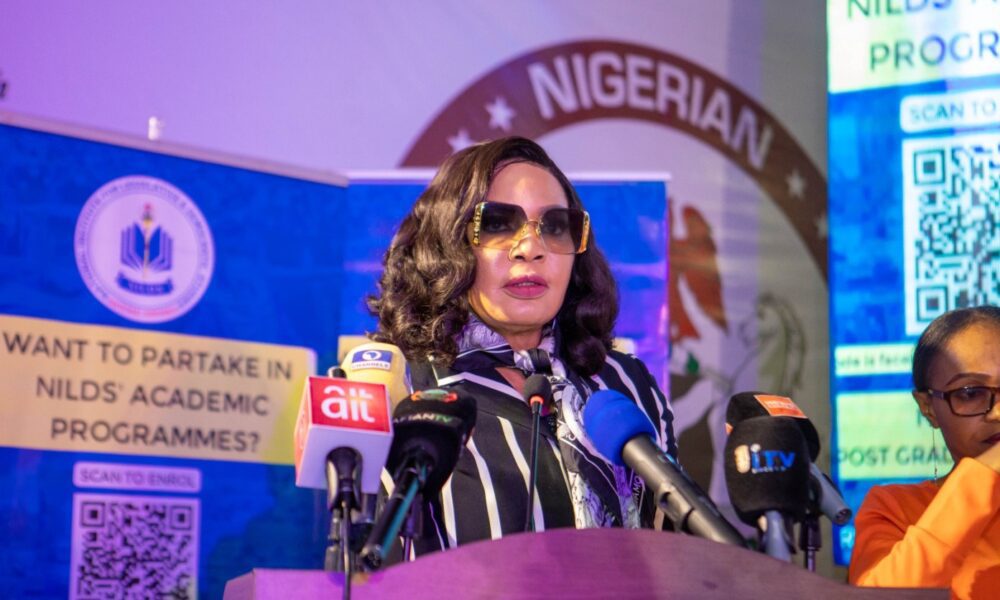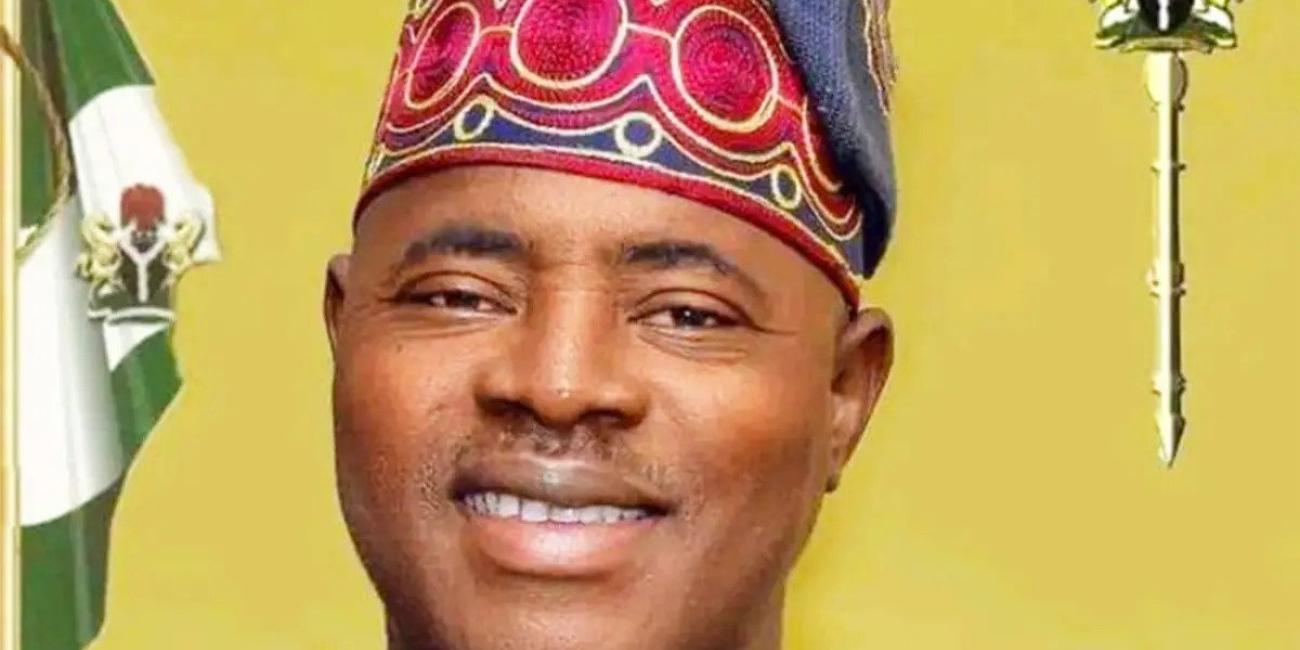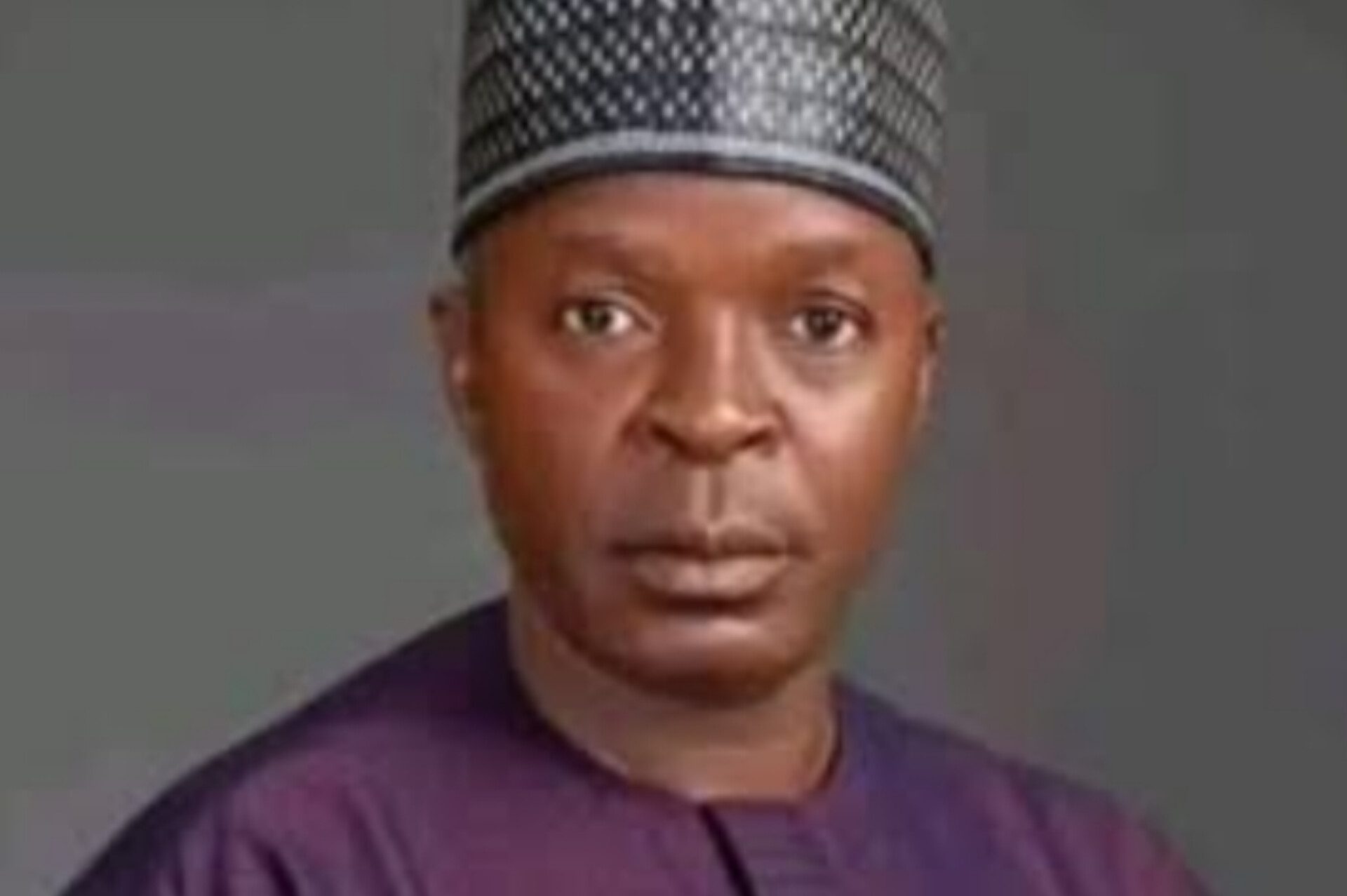***Reiterates FG’s commitment to minimum wage for workers
The Minister of Labour and Employment, Rt. Honourable Nkeiruka Onyejeocha, has asked members of the National Assembly to enact pro-workers legislation and reforms that promote conducive working environment and productivity in the country’s labour eco system.
The Minister also reaffirmed the federal government’s dedication to upholding the rights and well-being of all workers, ensuring they receive fair treatment, safe working conditions, and a decent income that aligns with their needs and contributions.
Onyejeocha spoke in a keynote address at a one-day retreat on labour reforms and living wage in Nigeria, noting that the need for collaborative efforts with the National Assembly to enact pro-worker legislation and reforms was imperative.

The retreat, organised by the National Institute of Legislative and Democratic Studies (NILDS), brought together stakeholders across various sectors of economy to discuss labour reforms and the living wage in Nigeria.
The Minister reiterated the government’s commitment to ensuring fair labour practices, safe working environments, and a living wage for all workers.
She acknowledged the crucial role of legislative intervention and expressed gratitude for the support of the National Assembly Committees on Employment, Labour, and Productivity.
She however, urged lawmakers to sponsor and pass bills that reflect the yearnings of the labour force, fostering productivity, growth, and punishable labour law violations.
She said: “Your legislative oversight and commitment to enacting laws that protect and empower workers are vital to the success of our reform agenda. Together, and as your colleague, we can do more and indeed, build a legal framework that supports our vision for a just and equitable labour market.”
“Let us come together to sponsor and pass bills that reflects the yearnings of our labour force across all sectors. Let us indeed create laws and policies that do not only foster productivity and growth amongst our workforce, but also comeasurably punish offenders and violators of labour laws. This is the only pathway to true reform.
On living wage, she explained that the Tripartite Committee’s submissions on a new national minimum wage were highlighted as a blueprint for actionable reforms.
The Minister added that the government’s commitment to transforming the labour landscape in Nigeria was reaffirmed, ensuring respect, protection, and fair compensation for every worker. She further expressed optimism about achieving the government’s vision with continued support from stakeholders.
“The Government of Nigeria, under the leadership of President Bola Ahmed Tinubu, is unwavering in its
dedication to ensuring that all workers are treated with dignity, work in safe environments, and earn a living wage. Our vision is clear: to create a labour market that is fair, equitable, and capable of sustaining the aspirations of every Nigerian worker.
“Central to our efforts is the work of the Tripartite Committee comprising of Government, Organized Private Sector and Organized Labour, which has diligently engaged with stakeholders on the critical issue of a New National Minimum Wage.
In her concluding remarks, she highlighted the Federal Ministry of Labour and Employment’s flagship initiative, the Labour and Employment Empowerment Program (LEEP), which represents a comprehensive approach to job creation, labour reform, featuring a dedicated component focused on enhancing labour compliance and promoting robust labour standards.




